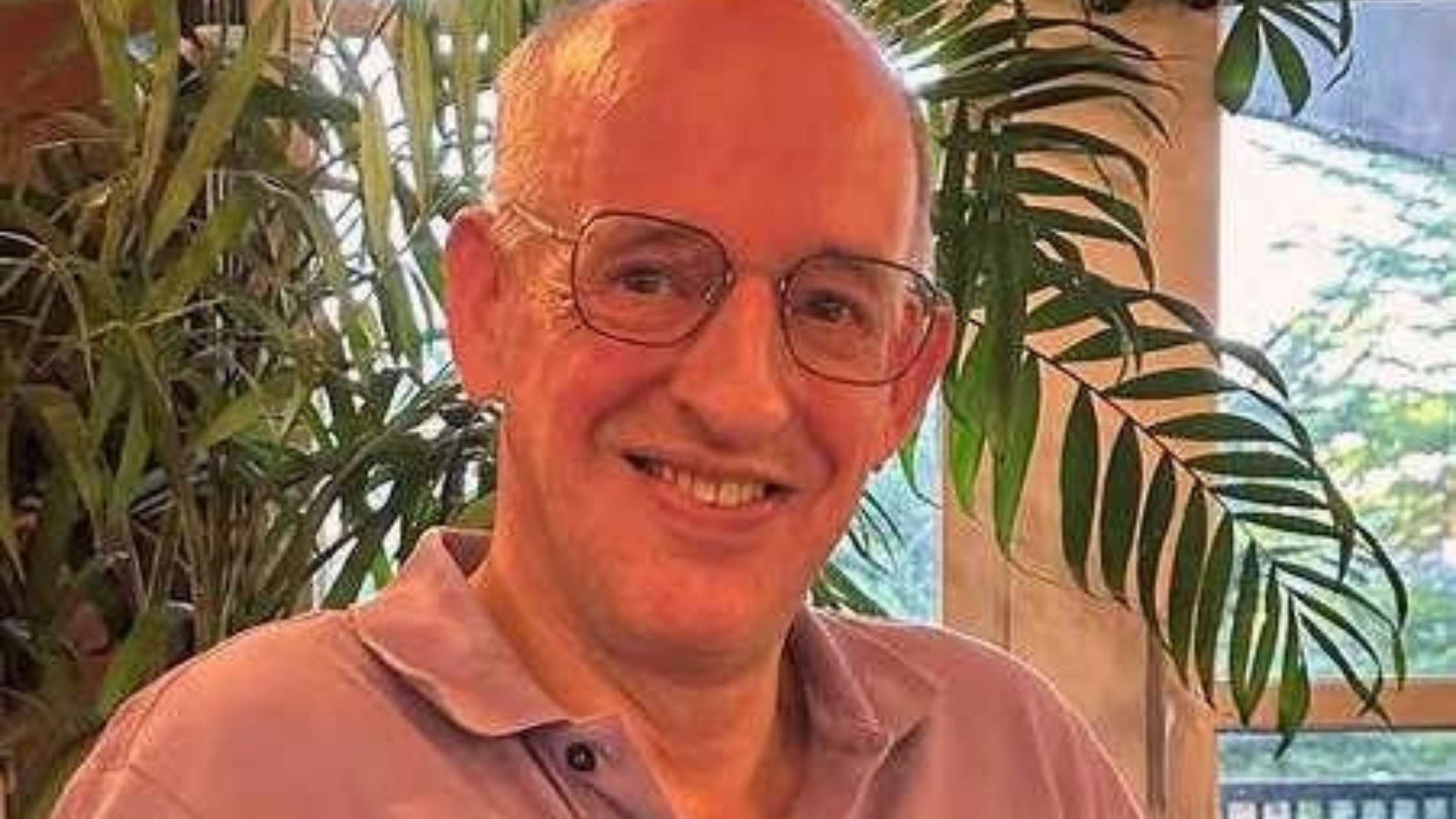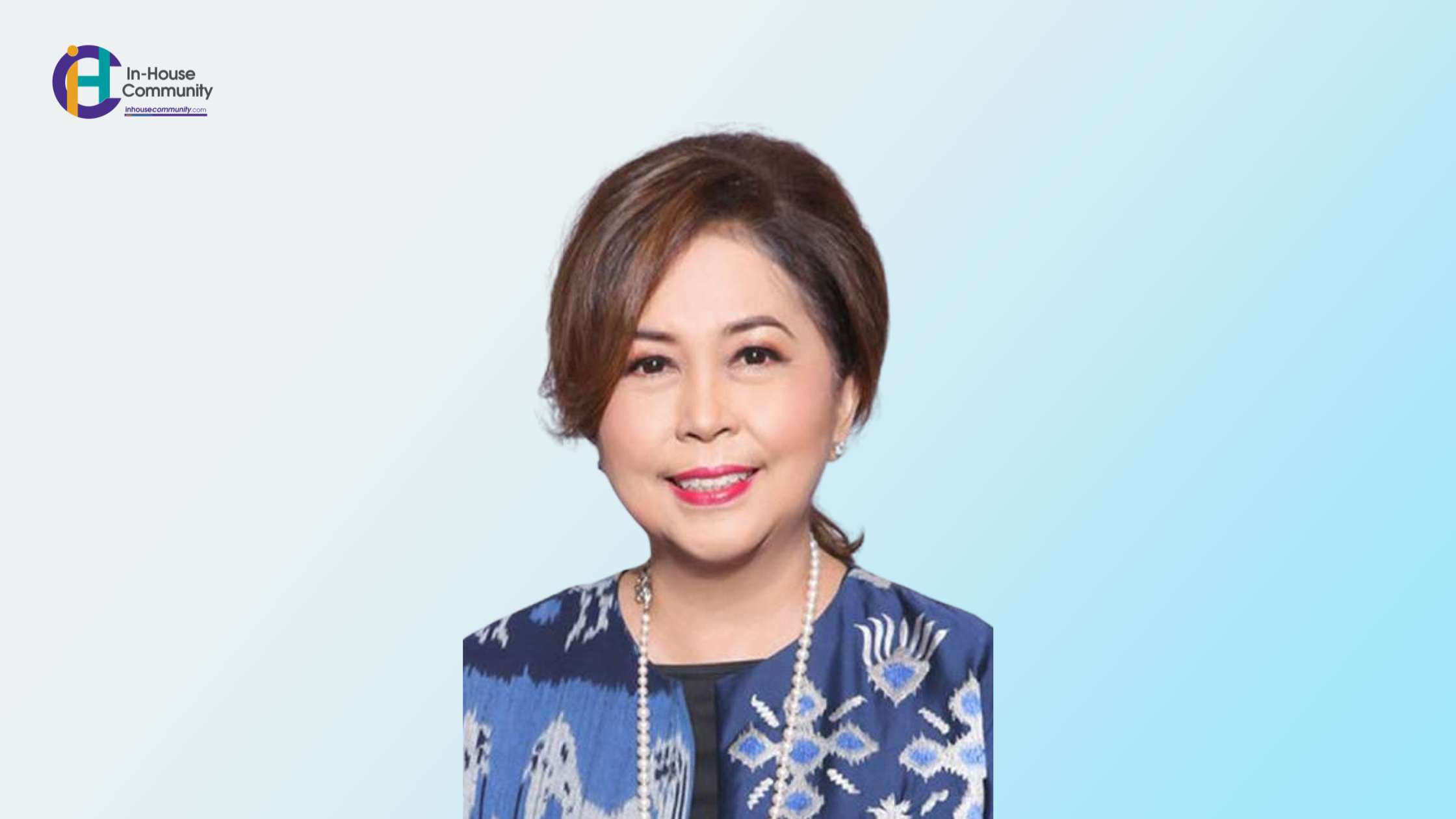Q&A with Peter Godwin: On leading an auspicious career, being open to opportunities and embracing diversity
You Have Led An Illustrious Career, Spanning Many Decades And Countries Across Asia. Can You Tell Us A Little About This Journey In The Legal Industry And Where You Are Now?
My career in law started as a consequence of a teacher at school, knowing that maths was my real strength, suggesting that if I was thinking of a career in Accountancy (I was), I should do something else at University. His suggestion was law. That is what I did and, partly because I enjoyed the intellectual stimulation of law and partly no doubt because my friends on the course were doing so, I found myself applying for a training contract and so stepped onto the legal conveyor belt. After 6 years practising in London, I decided it was time for a change so I headed to Hong Kong (where I had spent six months as a trainee). The plan was to do 2-3 years there and then head home. However, best laid plans…. My stint in Hong Kong happened to coincide with a period of Asia expansion for the firm, with us opening offices in Jakarta and Bangkok. Then, just as I was thinking of returning home, the firm opened in Tokyo and I was asked to transfer as a then Senior Associate to establish our disputes practice. At the time I had never been to Japan, even for a holiday, so I went to see the place and made the mistake of taking my then 3 year old son to Disney for the day. Over dinner that evening he made it very clear we were moving! So I signed up for two years and clearly made the mistake of being rather too successful as I ended up staying for nearly 17 years. Having started from scratch, I was quickly promoted to partner. When I left, I was leading a five partner arbitration practice (the largest team in the global firm at the time) and I was widely recognised as the person who had created the international arbitration market in Japan. When I did leave Japan in 2017, it was to try to repeat this trick in Malaysia where the firm had decided to establish its latest Asian office. As of today, this is a work in progress and a challenge I am very much enjoying.
As A Leading Figure In Dispute Resolution, You Have Been Widely Recognised By The Likes Of Chambers And Legal 500. Can You Share A Few Of Your Career Highlights?
From a disputes perspective, the biggest buzz is always from winning one’s cases. In this regard, my career highlight was probably the last big case I did in Japan. My client was accused of being in material breach of contract and, as a consequence, a high value long term distribution agreement was terminated. I had not previously acted for this particular client so when this termination notice arrived and I was summonsed to speak urgently with the client’s CEO it was a tense moment. I recall advising him that I did not consider the notice to be valid and that, based on what had been explained to me at that stage, I saw no basis to allege material breach. A few months later we commenced arbitration alleging wrongful termination. The arbitration was hard fought, culminating some two years later in a two week hearing. When the award arrived, I was delighted to read that the tribunal had made 17 findings of fact, all in favour of my client and that they had concluded by saying that not only did they find no evidence of my client being in material breach but they found no evidence of it being in breach of contract at all. Consequently my client was awarded in excess of US$200 million in damages and all of its costs. A very satisfactory outcome and a very happy client who remains a good client of the firm to this day.
Aside from the case wins, the most satisfying element of my career has always been helping other lawyers achieve their potential. I see many law firm partners who appear to measure their own success by their own achievements. I have always taken a different approach. I have always believed in building a team who are better than I am and helping them to reach their potential. Hence I take far more satisfaction from the people I have helped get promoted to partner either at my firm or elsewhere or indeed who I have helped succeed find challenging in-house roles.
Any Lowlights That Proved Character Building?
The lowlights have generally not been case related but more management related. When you do your degree and then go to law school, no one tells you that the day you become a partner, your life will be much less about law and far more about people management. Very few have been trained to do this so it is a sink or swim environment. My first significant management role at the firm was when I was appointed Managing Partner of the Tokyo office. Just six months later came the major earthquake in March 2011 and the associated nuclear disaster at Fukushima. This was a baptism of fire. Having survived the 10 days of chaos that followed, looking back, they probably taught me more about human nature and the art of people management than anything else in my career.
What Is A Change You Would Like To See In The Dispute Resolution Landscape In Asia And/or Internationally?
There is a lot of talk about how the costs involved in international arbitration have escalated to such an extent that we should perhaps be looking for new alternatives to resolve cross-border disputes. Yet when you go to any introductory seminar on international arbitration and hear anyone talk about the advantages of arbitration, almost without fail, one of the quoted advantages is the flexibility one has to design a process bespoke for the dispute in question. Yet how many times do you see that actually happen. The answer is very few. So I would like to see those of us sitting as arbitrators really challenge the Parties at the very first procedural hearing to think about what does that specific case need. If done well, I am convinced many of the complaints made about arbitration can be addressed. This is predominantly an issue for the legal profession. If we lead, our clients will follow (and possibly even be grateful)
What Part Do You Believe Technologies Such As Ai May Play In Dispute Resolution Going Forward?
Al has been playing as significant role in dispute resolution for a number of years already, especially in the field of document review. As systems develop further, no doubt Al will continue to play a role whether that be in case analysis, helping to more accurately estimate costs, predicting outcomes, etc., remains to be seen. The one thing that is certain is the practice of law will continue to change. I believe there has been more change in the past 5 years than in the previous 25 years and the pace of change is only likely to continue to accelerate. That said, do I think the likes of ChatGPT will ultimately spell the end of the profession as we know it? No. Am I right? Time will tell.
With A Long History In Private Practice, What Can You Tell Us About Developments In The Relationship Between Inhouse And Private Practice Lawyers, If Any?
This relationship differs markedly across jurisdictions. Ultimately all inhouse functions are on a journey. In the UK/US (and a few others) in-house teams are now highly sophisticated; they are increasingly finding better ways to get the low level routine work done so they can focus on adding real value to their businesses. This is often reflected by the fact the GC has a seat at the Board table. In other jurisdictions, in-house teams are still seen as a necessary but evil cost, who are often blockers to what the business wants to do and/or who are there to review NDAs and the like but add very little true value. Everyone else is on the spectrum in between these. In my view, the best private practice lawyers and the best general counsel are those who have taken the time to build genuine relationships and effectively then act as business partners rather than in the more traditional client-service provide capacity. By building such a relationship one can brainstorm issues without the fear of suddenly receiving an unexpected bill or the like. The more open dialogue there is, the more likely you are to find the best solution. Business is often complex and the law is especially so. If it were not, you would just need Chat GPT!
What Is On Your Legal And Personal Horizons?
In English headquartered law firm terms (US firms value us more elderly folk more!), I am reaching the twilight of my career and am already transitioning into more roles sitting as arbitrator, rather than acting solely as counsel. I am fortunate that later this year I have a three month sabbatical which I will spend travelling partly in Europe (Rugby World Cup and Ryder Cup) and partly in Kenya (safari). I will use that time to reflect on the next stage of my career and whether the time is right to take a step back from the stresses and strains of law firm partnership. Having spent 25 years working in Asia, often at Board level, I would like to think I know more than most non-Asians about doing business in the region and I would like to leverage that for the benefit of the business community. The key to getting best value from your advisers and/or problem solving is often knowing what questions to ask at an early stage. I would like to think I am better equipped than most to identify those questions so maybe there is a role out there in some sort of consulting capacity in which I can continue to add value. As ever, time will tell.
When Not Working At Solving Disputes, Where Could We Find You?
During Covid, I started to learn to play golf as attending the golf range was one of the first activities permitted in Malaysia as restrictions were lifted. So I can now often be found with a golf club in hand (I deliberately would not say playing golf as I am not sure what I do would be widely recognised as such just yet). Beyond that, I enjoy other sports and also find myself increasingly in the kitchen (another benefit of Covid).
Remembering That Our Young Lawyers Now Are The Change Makers Of The Future, What Advice Do You Have On Creating A Meaningful Career?
My eldest son has just embarked on a career as a lawyer (I did try to persuade him otherwise). When reflecting on what he could expect, I struggled to predict the future. I could clearly explain what my career had looked like but there has been so much change in recent years, I genuinely struggle to describe what his might look like over the next 5-10 years, let alone further ahead. However, there are some things that have changed for the better which will have an impact on future lawyers.
One of the most obvious changes is reguarding diversity. There is no doubt the profession is more diverse now than when I started out which is fantastic. However, as with all things, gains in one area can lead to challenges in others. Most people when talking about diversity immediately think of gender or possibly LGBT issues or race. However, the reason all of those things are important is for the diversity of opinions that they naturally bring with them. It is thus surprising to me that at a time when diversity is on everyone’s lips, one hears many stories of how diverse opinions are unwelcome. Or to put it another way, if you want to succeed you have to be in the ‘yes crowd’. This is an alarming trend which completely undermines the whole reason that other forms of diversity are so important.
So returning to your question, the best advice I can give young lawyers is – be prepared to work hard (this remains a non-negotiable element for success despite flexible working policies and the like changing the way we may do that); grab the opportunities that present themselves (Tokyo was never part of my life plan but it arguably made my career); keep an open mind and genuinely embrace diversity (i.e. be prepared to speak up and disagree respectfully or, in other words, be honest at all times). Finally, I firmly believe my greatest attribute that has enabled me to succeed over the past 30 years is common sense. It is remarkably uncommon!
Peter Godwin,Partner, Herbert Smith Freehills LLP
A specialist in crisis management/investigations and arbitration, Peter is the Managing Partner of the Kuala Lumpur office of HSF and former head of the Asia Disputes practice. He has practiced in Asia for 25 years. Consistently recognised by legal directories as a leading lawyer, Peter is praised by Chambers Asia Pacific as “commercially astute and a safe pair of hands”. He is admitted to practice in England and Wales, Hong Kong, and is licensed to advise on foreign law in Malaysia.


















